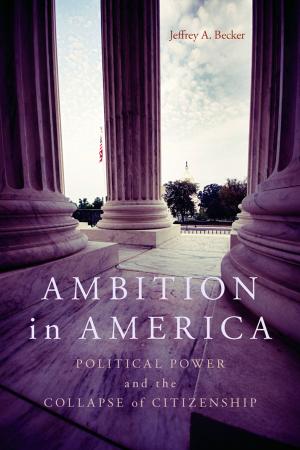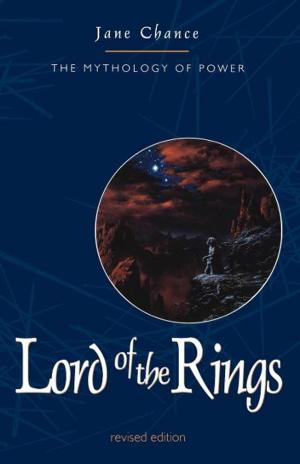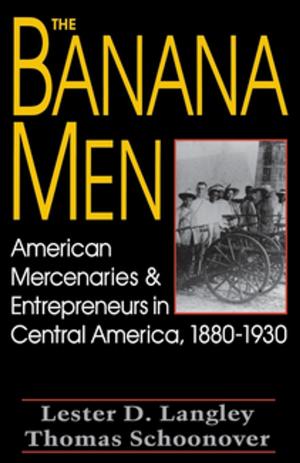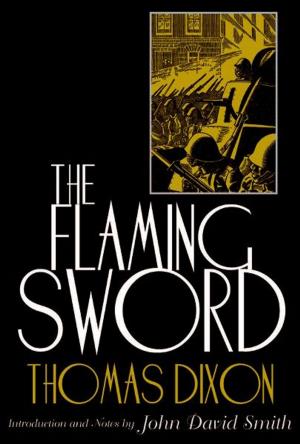Rebel Raider
The Life of General John Hunt Morgan
Nonfiction, History, Americas, United States, Civil War Period (1850-1877), Biography & Memoir, Historical| Author: | James A. Ramage | ISBN: | 9780813146348 |
| Publisher: | The University Press of Kentucky | Publication: | March 17, 2014 |
| Imprint: | The University Press of Kentucky | Language: | English |
| Author: | James A. Ramage |
| ISBN: | 9780813146348 |
| Publisher: | The University Press of Kentucky |
| Publication: | March 17, 2014 |
| Imprint: | The University Press of Kentucky |
| Language: | English |
"The first full biography of the famous Confederate cavalry leader from Kentucky. It provides fresh, unpublished information on all aspects of Morgan's life and furnishes a new perspective on the Civil War. In a highly original interpretation, Ramage portrays Morgan as a revolutionary guerrilla chief. Using the tactics of guerrilla war and making his own rules, Morgan terrorized federal provost marshals in an independent campaign to protect Confederate sympathizers in Kentucky. He killed pickets and used the enemy uniform as a disguise, frequently masquerading as a Union officer. Employing civilians in the fighting, he set off a cycle of escalating violence which culminated in an unauthorized policy of retaliation by his command on the property of Union civilians. To many southerners, Morgan became the prime model of a popular movement for guerrilla warfare that led to the Partisan Ranger Act. For Confederates he was the ideal romantic cavalier, the "Francis Marion of the War," and they make him a folk hero who was especially adored by women. Discerning fact from folklore, Ramage describes Morgan's strengths and weaknesses and suggests that excessive dependence on his war bride contributed to his declining success. The author throws new light on the Indiana-Ohio Raid and the suspenseful escape from the Ohio Penitentiary and unravels the mysteries around Morgan's death in Greeneville, Tennessee. Rebel Raider also shows how in the popular mind John Hunt Morgan was deified as a symbol of the Lost Cause.
"The first full biography of the famous Confederate cavalry leader from Kentucky. It provides fresh, unpublished information on all aspects of Morgan's life and furnishes a new perspective on the Civil War. In a highly original interpretation, Ramage portrays Morgan as a revolutionary guerrilla chief. Using the tactics of guerrilla war and making his own rules, Morgan terrorized federal provost marshals in an independent campaign to protect Confederate sympathizers in Kentucky. He killed pickets and used the enemy uniform as a disguise, frequently masquerading as a Union officer. Employing civilians in the fighting, he set off a cycle of escalating violence which culminated in an unauthorized policy of retaliation by his command on the property of Union civilians. To many southerners, Morgan became the prime model of a popular movement for guerrilla warfare that led to the Partisan Ranger Act. For Confederates he was the ideal romantic cavalier, the "Francis Marion of the War," and they make him a folk hero who was especially adored by women. Discerning fact from folklore, Ramage describes Morgan's strengths and weaknesses and suggests that excessive dependence on his war bride contributed to his declining success. The author throws new light on the Indiana-Ohio Raid and the suspenseful escape from the Ohio Penitentiary and unravels the mysteries around Morgan's death in Greeneville, Tennessee. Rebel Raider also shows how in the popular mind John Hunt Morgan was deified as a symbol of the Lost Cause.















